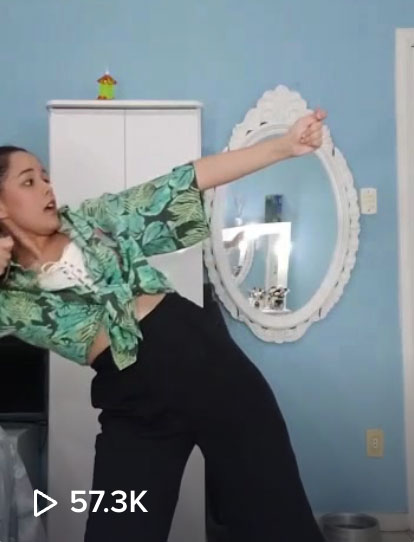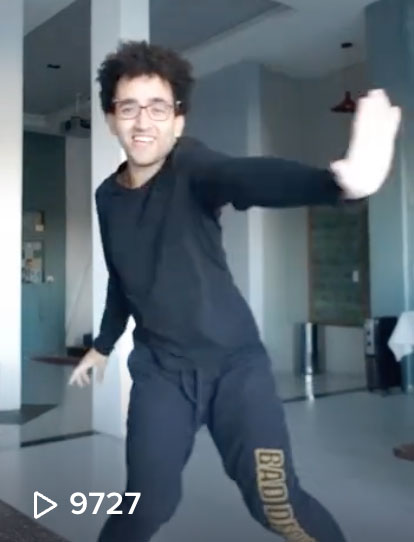FAQ
What is the Rainforest Foundation?
The Rainforest Foundation is a family of non-profit organisations in the UK, US and Norway dedicated to supporting indigenous peoples and traditional populations of the world’s rainforests in their efforts to protect their environment and fulfil their rights to land, life and livelihood.
It was founded in 1989 by Sting and his wife Trudie Styler after the indigenous leader of the Kayapo people of Brazil made a personal request to them to help his community protect their lands and culture. The Rainforest Foundation’s initial project was successful and led to the demarcation and titling of indigenous land in the region – 17,000 square miles of traditional land, the Menkragnoti area, next to Xingu National Park in 1993.
Since then the Rainforest Foundation has gone onto work in 15 countries across Africa, the Amazon, Central America, Africa, south-east Asia and Oceania[1], supporting indigenous and local communities to secure and protect more than 72 million hectares of tropical forest – an area roughly twice the size of Germany.
Our work is founded on the belief — now increasingly supported by science — that entrusting the protection of tropical forests to those who live in and depend on them is the most equitable and effective pathway to protecting them. Securing tenure for indigenous peoples and local communities on lands they live on, and have protected for centuries, is fundamental the sustainable management and long term protection of tropical forests.
Our unique approach tackles deforestation locally and globally. Locally, we help forest communities gain land rights and manage their forests sustainably, while challenging logging companies and other commercial interests that would seek to destroy them. Globally, we campaign to influence national and international laws that protect rainforests and their inhabitants.
[1] These include Myanmar, PNG, Indonesia, DRC, RoC, Gabon, Cameroon, CAR, Ghana, Liberia, Colombia, Brazil, Peru, Guyana, Panama.
What is SOS Rainforest LIVE?
SOS Rainforest Live is a unique global livestream on June 21 that brings together indigenous leaders, environmental activists and international artists spanning five continents in support of indigenous communities in their fight against the coronavirus and to protect the forests they call home. Stay up to date on the Facebook event page and via Twitter and Instagram.
Where can I see it?
The event will be broadcast here on sosrainforestlive.org and via YouTube and TikTok [@rainforestfoundation and #sosrainforestchallenge] It will also be available for a short time on YouTube for those unable to catch the livestream.
How will the money raised be spent?
All net proceeds from the event will go directly towards the COVID-19 relief effort in rainforest areas as well as on projects and advocacy to save the rainforest and support indigenous and local communities in their efforts to protect their environment.
Projects will be delivered on the ground in partnership with the Rainforest Foundation’s trusted network of indigenous peoples’ and NGO partner organizations. To see the list of potential beneficiaries of the event, click here.
How do I donate?
There are different secure and encrypted payment options available on the donation page depending on your preference and where you are in the world. These include credit and debit card (through Network for Good), PayPal, Crypto currencies, PicPay (only in Brazil), VIPPS and 33333 (only in Norway) and also text giving (only in UK). For more information, visit the donation page in English, Spanish, and Portuguese.
You will be also able to give during the livestream via links provided on TikTok and YouTube. There is also a new way of giving on YouTube through Super Chat and Super Stickers on YouTube. On Facebook, you can donate via the Facebook fundraising page.
What is currently happening in tropical rainforests around the world?
According to Global Forest Watch, roughly 36 million hectares of primary rainforest have been lost in the three largest rainforest countries between 2001-2019. This alone is an area equivalent to the size of Germany. This figure doesn’t include the loss of secondary forests which also provide vital ecological services to the local communities and the planet.
- The rate of deforestation is accelerating in countries such as Brazil and the Democratic Republic of the Congo while some scientists warn that the turning point at which some rainforests become net carbon emitters rather than carbon sinks is fast approaching.[1]
- Tropical deforestation is mainly driven by agribusiness, cattle ranching, extractive industries and associated infrastructure development. Underlying this destruction is often a lack of land ownership for indigenous peoples and local communities on lands they have lived on and protected for centuries.
- A record 164 Indigenous people and environmental defenders were killed in 2018 for choosing to protect their forests or speak out against forest destruction.[2]
What is the Rainforest Foundation doing about it?
Our work is based on the belief that indigenous peoples’ and other communities that live and depend on the forest are those best placed to protect it. So far, the Rainforest Foundation family has supported these communities to secure and protect more than 72 million hectares (178 million acres).
These are some examples of our most recent successes:
- Successfully campaigning for a moratorium on new logging concessions in the Democratic Republic of Congo, thus protecting much of the world’s second largest rainforests from this destructive industry.
- Award-winning programmes that have enabled hundreds of rainforest communities to harness new technologies to map, monitor and protect their lands.[1]
- New laws that recognise the rights of local and indigenous communities in the Congo Basin countries.
- International campaigns to steer finance away from destructive rainforest projects, leading Norway’s Government Pension Fund Global (GPFG), the largest sovereign wealth fund in the world, to divest its shares in 23 palm oil companies and prompting 230 investors from 30 countries to demand a halt to deforestation of the Amazon.
- Successfully challenging destructive extractive industries in rainforest areas such as forcing the withdrawal of oil concessions in Peru
- Protecting and making safe for future generations pristine rainforest areas such as a 360,000 hectares reserve in Papua New Guinea.
[1] For example, see mappingforrights.org
How is the COVID-19 crisis affecting rainforests?
There are grave fears that COVID-19 poses an exceptional threat to indigenous people, given their past susceptibility to viruses that cause influenza and respiratory illnesses. The fact that many indigenous communities live in countries with inadequate local healthcare services adds to this concern. Groups already living in permanent voluntary isolation are especially at risk as they lack immunity to these kinds of illnesses. For these people, the spread of infection could prove disastrous.
It is difficult to give a precise number of Covid-related cases and deaths due to lack of testing capability but it is starting to increase rapidly in many rainforest areas, such as in Peru, Ecuador, and Brazil. The coronavirus crisis is creating additional pressure on what is already a very difficult situation for rainforest inhabitants.
There are also reports that illegal deforestation and other forest crime is on the increase in many areas while the world’s attention is focused on the virus. For example:
- An increase in the international price of gold combined with the weakening of official policies to protect indigenous peoples’ rights and the environment in Brazil, has led illegal miners to rush into the Yanomami territory. A study carried out by Rainforest Foundation partner ISA has estimated that 40 percent of the Yanomami living near mine sites could become infected with Covid-19.
- Several environmental activists have been killed in the last year and lawlessness during the coronavirus lockdown has increased leading to many fears for the life of environmental activists. While the police focus on making sure people comply with the quarantine measures, community leaders and environmental activists are more vulnerable to threats, violence and murder than ever before.
- In Indonesia, government officials who monitor illegal activities in the rainforests are currently prevented from carrying out field work due to the Covid-19 crisis. As these watchful eyes look elsewhere, the illegal traders move in.
What is the Rainforest Foundation and our partners doing to support COVID-19 relief efforts?
The kinds of activities being supported include:
- Supporting food security and resilience by providing seeds, locally sourced food, tools and equipment to allow people from indigenous and other forest communities to remain self-isolated in their territories.
- Supporting increased local production of sustainably-harvested forestry products in the territories.
- Developing and disseminating information on COVID-19 in different languages and through mediums such as radio, video, brochures, and local newspapers.
- Equipping indigenous communities with radio links and other types of communication equipment to keep track of important health information.
- Equipping indigenous communities with protective equipment, soap and hand sanitizer.
- Supporting frontline medical personnel with protective equipment and sanitizing supplies.
- Contributing to the adaptation of healthcare units to treat Covid-19 patients.
- Contributing to the establishment of field hospitals and intensive treatment units for respiratory infections.
- Providing internet and electricity (via solar system or generators) to guarantee smooth functioning of the healthcare units.
- Co-sponsoring a $5M dollar emergency fundraising campaign with a coalition of non-profits, indigenous, and donor organizations in order to deliver urgent food, fuel, medical and other supplies and services to indigenous communities in nine countries across the Amazon.
Some concrete examples:
- In the Madre de Dios and Loreto provinces of Peru, one of earth’s most important but threatened biodiversity reserves, the indigenous peoples’ associations are repurposing forest monitoring systems to send real-time alerts about COVID-19 developments in its communities.
- In Indonesia, the indigenous network AMAN has organized Indigenous communities across the vast archipelago in order to limit the spread of the pandemic. In addition to lockdowns, AMAN launched a new cell phone app to gather data across the archipelago. The app facilitates the tracking of Covid-19 cases and enables the delivery of supplies to neighbouring communities. Available medicines and medical personnel are being mapped out.
- In Indonesia, EcoNusa is supporting education, distribution of sanitary and protective equipment and food-supply efforts across the archipelago to prevent the spread of the virus, protect medical personnel and strengthen the community’s resilience towards current Covid-19 situation.
- In Brazil, our partner ISA has a wide range of activities based on a twofold approach: 1) prevention, by providing indigenous peoples and local communities in remote areas with basic supplies to ensure they can stay in their communities minimizing the need for travel and hence the risks of contagion; and 2) healthcare, making equipment and treatment available and accessible where needed.
- In Colombia, our partner GAIA is reaching out to indigenous communities with a COVID-19 Management Toolbox with which indigenous governments can coordinate, and make informed decisions, strengthen internal organization and address this emergency by promoting autonomy, self-determination and coordination with other state authorities and organizations. In addition, families receive an Isolation Kit that includes inputs to strengthen food sovereignty with a gender focus.
- In the forests of southern Cameroon, where the indigenous Baka ‘Pygmies’ have no rights to lands they have lived on for centuries, our local partner APIFED is working on the ground to deliver vital services, health awareness and much needed supplies to local communities.
- Across the Amazon, our partners are working to restrict access to indigenous lands in order to stop the spread of the virus.
NB. All our partners’ interventions follow the strictest rules in terms of maintaining social distancing and minimizing unnecessary travel and exposure to the virus.
Does the event have corporate partnerships?
The Rainforest Foundation and our partner organisations do not receive direct or indirect funding, or otherwise endorse or receive endorsements from industries, organisations and companies directly responsible for the climate and ecological crisis, or abuses of human rights. The SOS Rainforest Live has not accepted any corporate sponsorships.
We are partnering with TikTok to livestream the event which will also be broadcast on YouTube. TikTok will donate up to $300,000 USD to support COVID-19 relief efforts in the Amazon through the use of the #SOSRAINFORESTCHALLENGE tag on its platform.
What is the #SOSRAINFORESTCHALLENGE?
TikTok, the leading destination for short mobile videos in Brazil and worldwide, will broadcast the event and host a dance challenge, #sosrainforestchallenge. For each viewer of the live show on TikTok and for each video published in the app with the official campaign hashtag, TikTok will make a donation, up to a total of $ 300,000, to the Rainforest Foundation to help indigenous peoples fighting the COVID-19 pandemic in the Amazon. The TikTok-hosted campaign will use the same hashtag, #sosrainforestchallenge, across Latin America. The campaign will invite the audience to create content and share the hashtag, thereby raising awareness of the role of indigenous peoples in protecting the world’s rainforests and the threat they face from the pandemic.
The Rainforest Foundation joint TikTok account is tiktok.com/@rainforestfoundation
How else can I help?
You can join the movement by becoming active in groups that promote responsible policies that respect the rights of indigenous peoples and protect tropical forest. You can also make a difference by making smart choices when you buy food, clothes, and any other product that may be linked to deforestation or human rights abuses.
To find out more about the work of the Rainforest Foundation family, you can sign up for email updates on the home page of this site (or the footer of any page) or join the Facebook event group.
How can I contact the event/the Rainforest Foundation?
Please contact us through our home pages:

















